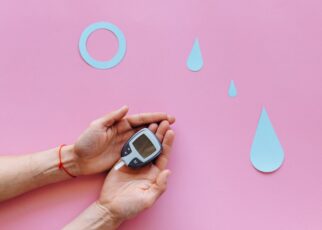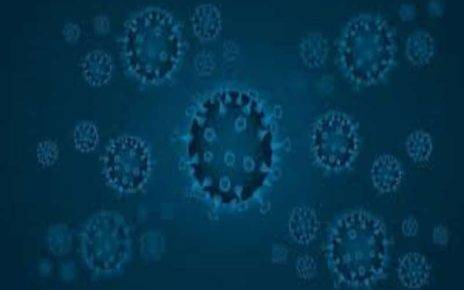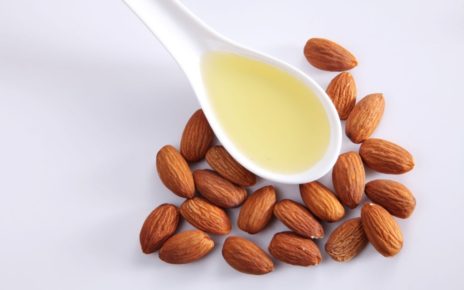Every year on World Hypertension Day, the focus is on understanding and preventing high blood pressure. While many people know the common advice to reduce salt intake, there’s another crucial factor that often gets overlooked: liver health.
The Liver’s Role in Regulating Blood Pressure
The liver plays a vital role in managing blood pressure. According to Shivani Bajwa, a functional medicine and health expert, the liver produces and processes important substances that regulate blood pressure. One key function is producing angiotensinogen, a protein that helps control blood vessel constriction and blood pressure. Additionally, the liver processes hormones like aldosterone, which affects the balance of sodium and water in the body, and produces proteins that help maintain blood volume.
Impact of Dehydration and Poor Diet
Dehydration and a poor diet can negatively impact both liver function and blood pressure. Bajwa explains that dehydration reduces blood volume, making the heart work harder and raising blood pressure. It also hinders the liver’s ability to detoxify and process nutrients effectively. A diet high in processed foods, unhealthy fats, and sugars can lead to fatty liver disease, impairing liver function and disrupting hormone balance, which can further increase blood pressure.
Chronic Stress and Liver Health
Chronic stress also harms liver health and contributes to hypertension. When stressed, the body releases hormones like cortisol and adrenaline, temporarily raising blood pressure. Over time, chronic stress keeps these hormone levels high, leading to sustained high blood pressure. Stress can cause inflammation and damage liver cells, impairing its ability to detoxify the body and manage metabolism. Stress often leads to unhealthy behaviors, such as poor diet and lack of exercise, which further strain the liver.
Steps to Improve Liver Function and Reduce Hypertension
To improve liver function and lower blood pressure, Bajwa recommends the following lifestyle changes:
- Healthy Diet: Eat a balanced diet rich in fruits, vegetables, whole grains, and lean proteins. Limit processed foods, sugar, and unhealthy fats.
- Hydration: Drink plenty of water to support liver function and overall health.
- Limit Alcohol: Reduce alcohol consumption to prevent liver damage.
- Regular Exercise: Engage in regular physical activity to maintain a healthy weight and improve heart and liver health.
- Avoid Smoking: Quit smoking to improve overall cardiovascular health.
- Manage Stress: Practice stress-reducing techniques like meditation, yoga, or deep breathing exercises.
- Regular Check-ups: Have regular medical check-ups to monitor liver function and blood pressure.
By taking these steps, you can support your liver health, which in turn helps manage your blood pressure. This World Hypertension Day, let’s not only focus on reducing salt intake but also on taking care of our liver for a healthier life.





